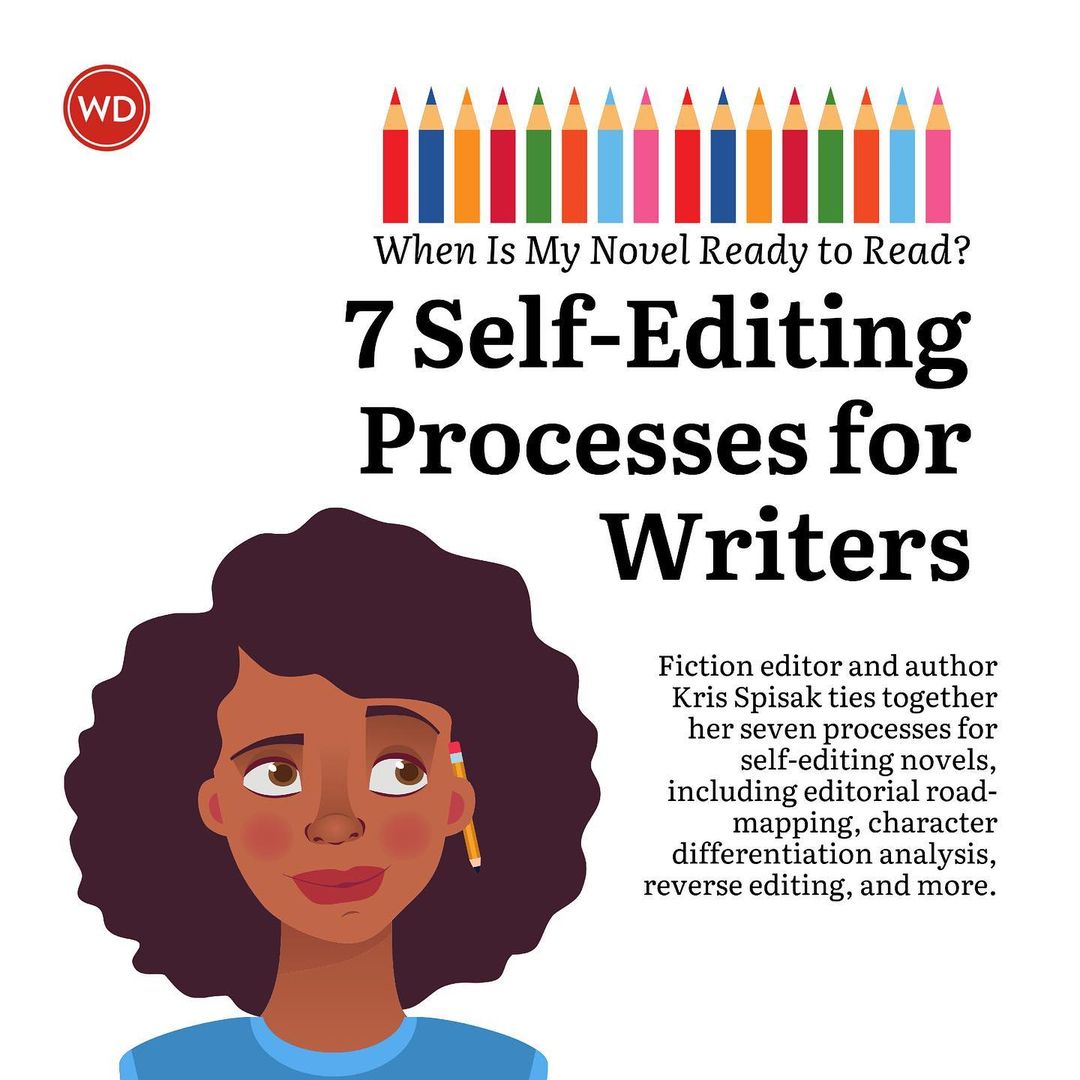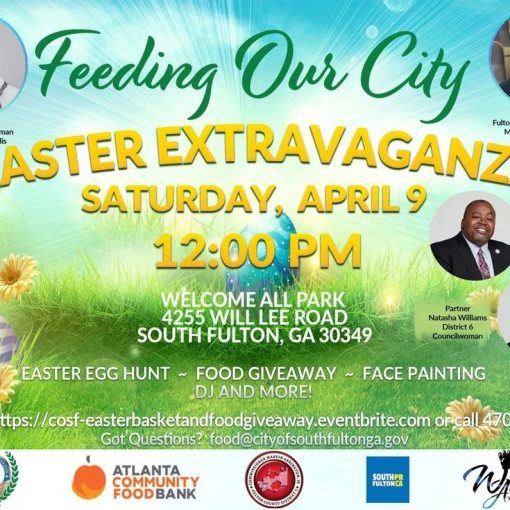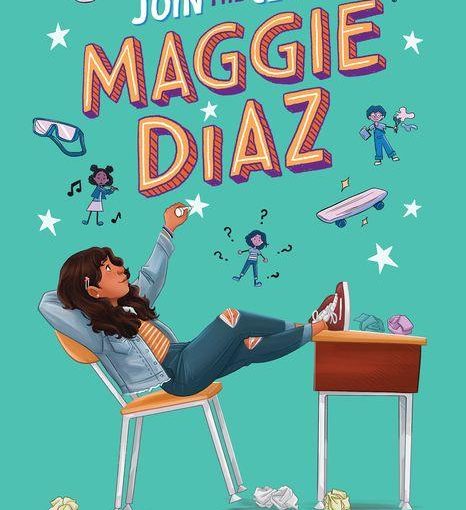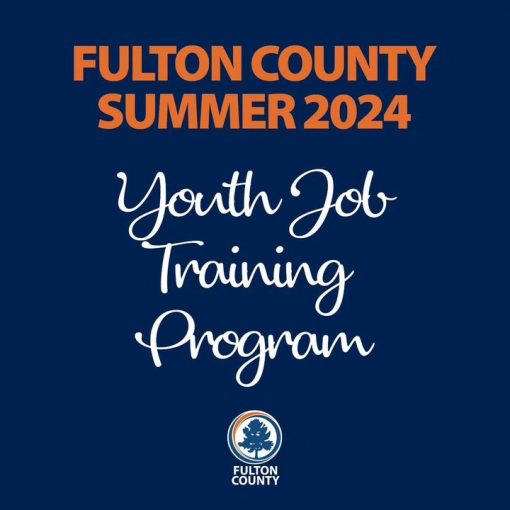As a fiction editor and as an author of three writing reference books and one novel (as of this writing), I hear two questions again and again: “When is my novel done?” and “How do I powerfully edit my own book?”
These questions are more closely linked than many realize. The revision process holds so many answers, and there are indeed methods to the editing madness.
Reviewing your own book sounds cumbersome and sometimes intimidating, but here’s the key to remember: Editing is not a singular process but the Swiss Army knife of creative tools. Endless problems can be solved when you know how to maneuver the possibilities at your fingertips. And with these possibilities, you can indeed find your way to “done.”
Whether you are on a mission to empower your rough draft, to refine the pages you attach to your query letter, or to reassess your full manuscript after rejections have come your way, an editorial Swiss Army knife can help. From masterfully hooking your reader on page one to smoothing out typos, there are countless editing processes you can pull out and put to work.
We’ve covered many of these strategies in previous articles, but let’s pull them all together to show a full array of editorial possibilities that you can use on your own manuscript to transform it one step closer to where it’s meant to be: officially ready for its next steps toward publication.
Phase One (Big-Picture) Editing Exercises:
Thinking about developmental editing, or examining your story on a macro-level?
Consider:
1. Creating a post-first-draft outline – How does this story of yours come together, and is it structured as powerfully as it could be?
2. Shaping an editorial roadmap – How should you even begin to tackle your revision process?
Phase Two (Empowering the Subtleties) Editing Exercises:
Thinking about micro-editing and allowing your writing to stand out amidst a crowded marketplace?
Consider:
3. Fleshing out your character differentiation – How can you empower your characters as individuals and empower your entire story in the process?
4. Deleting your cheating words – How can the language you use within your manuscript shift from something that falls flat to something that keeps readers on the edges of their seats?
Phase Three (The Final Polish!) Editing Exercises:
Thinking about line-editing, proofreading, dotting every i, and crossing every t?
Consider:
5. Tackling a reverse edit – How can you ensure you are being the most detail-oriented proofreader you can be?
6. Challenging yourself to a timed edit – How can you force yourself to remain focused on editing, not simply re-reading your manuscript?
An Anytime Revision Strategy:
Need something to simply get you moving?
Consider:
7. Revising in Waves – How can a writer get into an “editing zone”?
Editing is where we can release the ego of our writer-self, giving ourselves a fresh perspective on the words on the page and the story contained there. Don’t just reread your manuscript. Empower it in every way that you can.
This is your story we’re talking about, your vision and your dream. You worked to bring it this far. Don’t stop. Cross that finish line.
Pull out that Swiss Army knife in your writer’s toolbox, and you can solve endless problems. You can extract any tangent-to-the-story splinters. You can cut any inconsistent point-of-view threads. You can tighten any loose logic or motivations.
You can find your way to “done” if you just have faith you can do it and begin.
Kris Spisak is the author of Get a Grip on Your Grammar (Career Press, 2017), The Novel Editing Workbook(Davro Press, 2020), The Family Story Workbook (Davro Press, 2020), and the novel The Baba Yaga Mask(Wyatt-MacKenzie, 2022). In addition to her books, her “Words You Should Know” podcast, Grammartopia® events, and Story Stop Tour programs are also designed to help writers of all kinds sharpen their storytelling and empower their communications. Kris is an active speaker, workshop leader, and fiction editor, and she also serves on the advisory board of James River Writers. Learn more or sign up for her monthly writing tips newsletter at Kris-Spisak.com.
Source: Writer’s Digest





